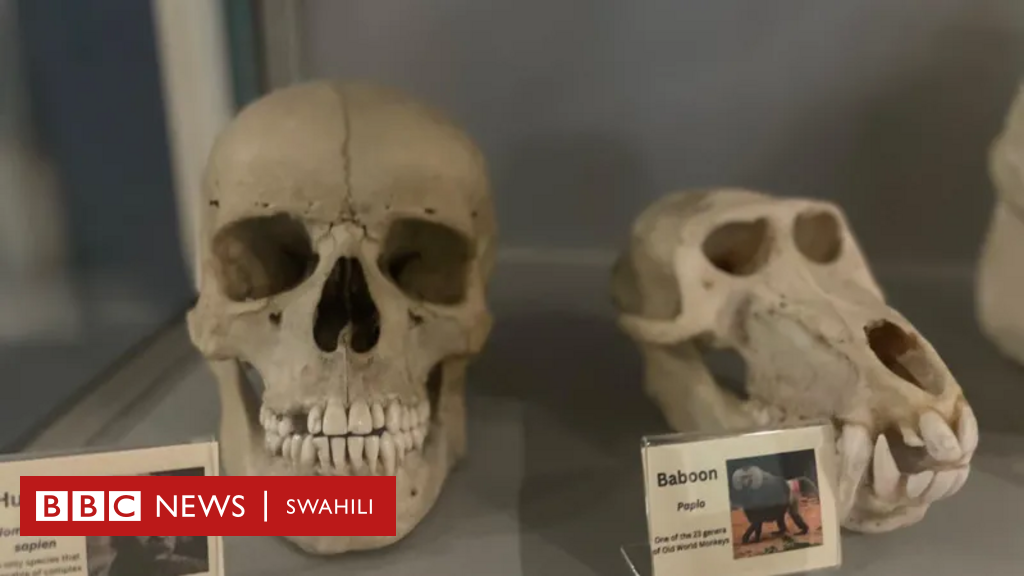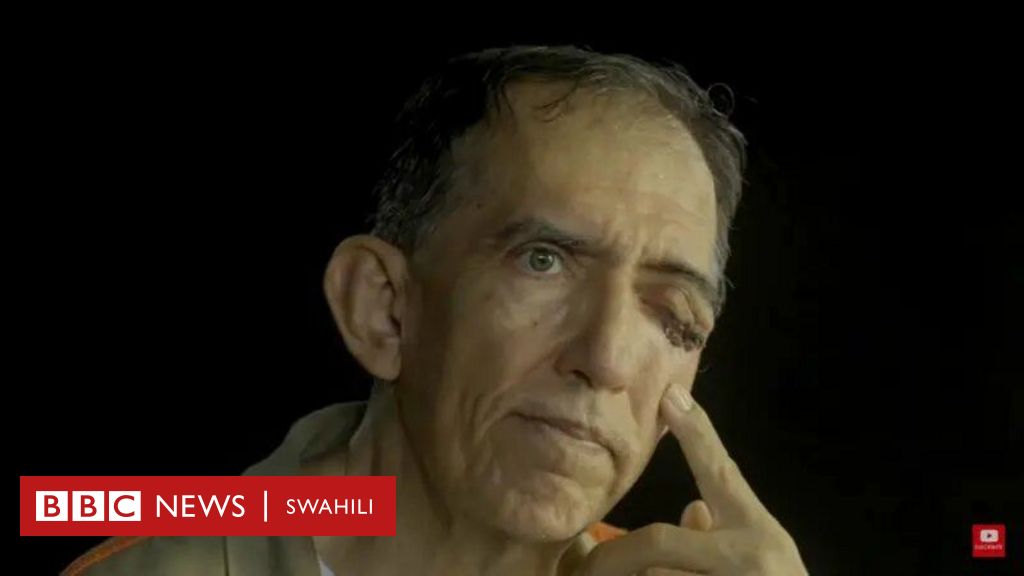It has become an article of faith in Kenya that justice is only achieved when judges rule in one’s favour. It is a moving target.
In 2017, the Supreme Court nullified the election of President Uhuru Kenyatta on petition by his competitor Raila Odinga. He had filed a petition in 2013, this was therefore Raila Odinga II. The Odinga team and his supporters hailed the court as independent, transparent and accountable.
On the other hand, President Kenyatta had no kind words for the court, without speaking to the merits of the court’s opinion, he used the word wakora and promised to “revisit the issue.” What would then follow was an assault against the Judiciary. The relationship between the Executive and the Judiciary was tumultuous during the tenure of President Kenyatta and Chief Justice David Maraga.
Fast forward 2022. Odinga and seven others who were dissatisfied with the outcome of the 2022 presidential election, once again petitioned the Supreme Court. The court unanimously dismissed the petition for lacking in merit and upheld the election results. This time, the shoe was on the other foot. Odinga made an about-turn and accused the court of inconsistency, corruption and being compromised by the Executive. He further took issue with the language and tone of the judgment without getting into its merits.
After the 2010 Constitution, the Kenyan Judiciary has made tremendous strides. It has asserted its independence and interpreted and applied the Constitution progressively. It has fiercely applied the Bill of Rights, it has invalidated Executive orders and directives, stopped illegal mega infrastructural projects and struck down unconstitutional legislation. The court’s footprint across the country has increased and enabled access to justice.
It is acclaimed regionally and internationally with some of its decisions being relied upon by foreign courts. But, the politics of presidential election petitions puts us on blinkers when relating to the Judiciary generally every after five-year electoral cycle in a divided country, ignoring the gains.
Kenya is not an isolated case. In his dissenting opinion in Bush v. Gore, Justice Stevens, sympathized with the United States Supreme Court following the highly disputed 2001 election dispute between George Bush and Al Gore saying that “Although we may never know with complete certainty the identity of the winner of this year’s presidential election, the identity of the loser is perfectly clear. It is the Nation’s confidence in the judge as an impartial guardian of the rule of law.” Erwin Chemerinsky in his book “The Case Against the Supreme Court” notes “Bush v. Gore obviously cost the Supreme Court in terms of credibility. More than forty-nine million people who voted for Al Gore, and likely almost all of them regard the Court’s decision as a partisan ruling by a Republican majority in favour of the Republican candidate.”
Since independence, the biggest threat to judicial independence has always been the Executive. Post-2017, the Judiciary faced assault from the Executive as a result of the Supreme Court decision. It now appears that the Executive does not have a monopoly over unfounded criticism, harassment, intimidation and gas lighting the Judiciary.
After Raila Odinga III, there have been active campaign against the Judiciary by the petitioners in the case, public commentators, civil society, politicians and the media that the Judiciary is “in bed “with the Executive. When the High Court declared the positions of Chief Administrative Secretaries unconstitutional, one of the media houses quipped that the Judiciary is “redeeming itself” from Raila Odinga III.
It has been further suggested that the recent transfer of judges was punishment to those who ruled against the Executive. Although transfers have been used in the past to punish “non-compliant” judges, the institution has come up with the Judiciary Transfer Policy and Guidelines to cure this past mischief, ensure access to justice and expeditious dispute resolution. There has been a long held view that being transferred out of Nairobi is punishment, doesn’t the Turkana High Court and the rest of the courts across Kenya deserve the best of judges?
I am also aware that the policy even provides for requests for transfers from judges who would like to move from one station to another for various reasons.
In a free society, criticism of public institutions and officers is a tool of accountability and furthers freedom of expression. The Judiciary has its own historical weaknesses including endemic corruption but when addressing these issues, it behooves us not scandalize the institution, dragging it into our divisive national politics but responsibly, truthfully and objectively hold it to account. Subjecting the Judiciary to unwarranted political attacks will undermine the very institution which we run to as a last resort in the face of Executive and Legislature excesses.
(Chelang’a is an advocate of the High Court of Kenya)



